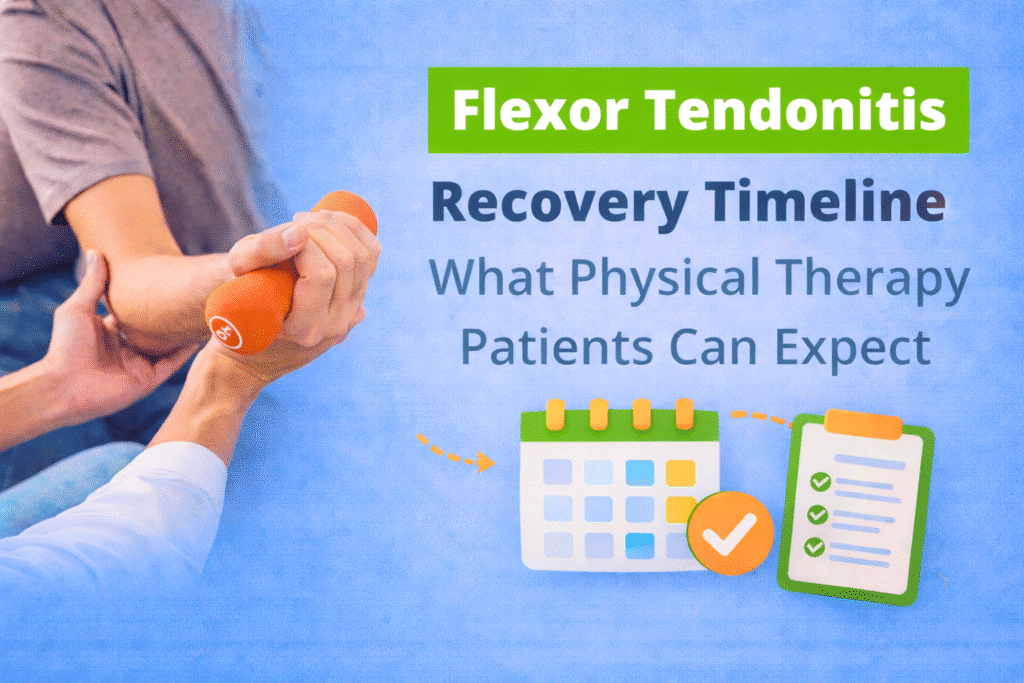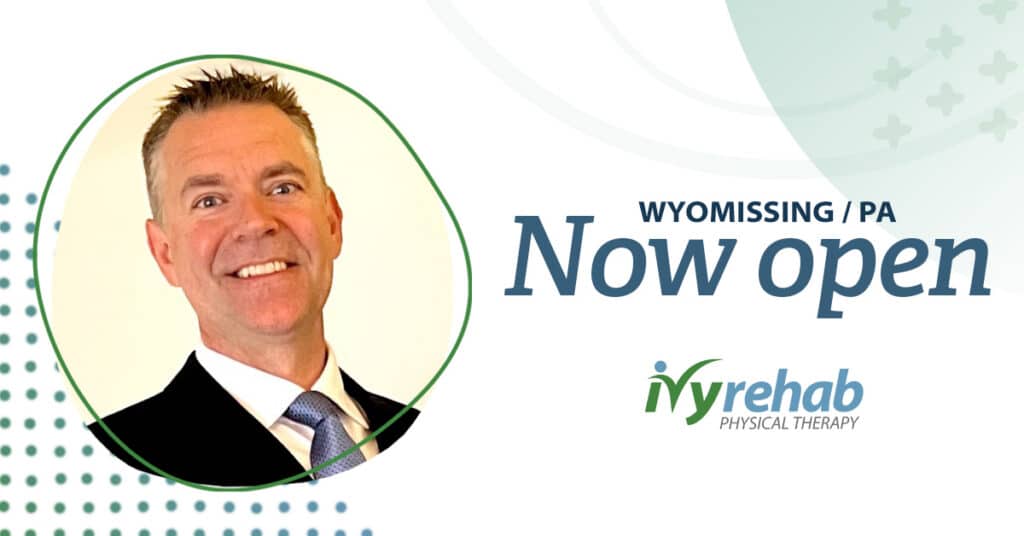Whether you experience chronic stress or your stress levels have increased, you may notice accompanying back pain. But can stress cause back pain? Short answer… Yes!
Although many sources of back pain are caused by mechanical stresses, or due to imbalances in muscles or alignment, excessive force on a shock-absorbing disc, or overuse and repetitive physical activity, each of these painful conditions is influenced by our mental health and emotional state. Let’s look deeper into the factors behind stress-induced back pain.
What Does It Mean if Your Back Hurts Out of Nowhere?
What causes sudden back pain? And how can we experience different types of back pain when nothing is physically “wrong?” The answer lies in what we now know about the science of pain. The source of severe pain may not be something physical, like a muscle strain or a ligament sprain. How pain is “felt” is influenced by our past experiences, memories, and even our fears.
In some cases, stress can also be the culprit behind lower back pain and neck discomfort. So if you’re experiencing pain in those areas, it may be time to consider ways to reduce your stress.
What Emotion Causes Lower Back Pain?
If a person is worried or anxious, stress hormones – chemicals that impact the function of our organs, like our kidneys and adrenal glands, growth, and our readiness for “fight or flight,” –are triggered and released. These chemicals can contribute to an elevated state of inflammation, irritation, and tension in our bodies.
The nerves that carry information about sensations such as pressure, vibration, pain, heat, and cold can also become hyper-sensitive, a state that is referred to as “central sensitization.” When nerves are sensitized, a person may feel the sensation of pain when there is seemingly no physical source or reason.
The science behind this pain response is incredibly complex. Along with the chemical irritation to nerve endings, pain often leads to a change in how much and the manner in which we move. Immobility can compound the sensation of pain by limiting normal circulation, joint and tissue nutrition that happens as we move. So that leads us to the question, can stress cause back pain?
Stress-Related Discomfort
Stress is a normal part of everyday life. When our nervous system is in a heightened state of “central sensitization,” emotional stress can cause an abrupt onset of low back pain or neck pain. Chronic stress and anxiety can lead to signals of muscle tension, causing spasms, and the resulting pain can shift and affect different areas.
Our stress response can lead to sharp pain, deep aches, or pain with certain movements. Conditions such as an existing anxiety disorder or psychological stress can impact how people’s bodies react to external influences. Not to mention, stress can also lead to poor posture, which is another reason for muscle tension in your neck, shoulder, spine, and back.
How to Relieve Stress-Induced Back Pain Symptoms
The obvious answer is to reduce stress, but sometimes that is easier said than done. Using key strategies to reduce unexplained back pain symptoms can prevent lingering and chronic issues.
Keep Moving
Exercise can be a powerful tool in reducing back pain brought on by stress. Circulation brings oxygen and nutrition to all of our tissues. Movement also keeps tissues flexible and strong. Give the following exercise techniques a try:
- Gentle Yoga Poses: Try poses like Child’s Pose or Cat-Cow Stretch to loosen tight muscles and improve flexibility.
- Listen to Your Body: Ensure you do not push into pain while exercising.
- Regular Walks: A 20-minute walk can merge physical activity’s benefits with nature’s calming effects, offering relief.
Address the Stress
Don’t avoid it, face it head-on. Take time to think about what is causing your worries or anxiety. Home, work, family, and financial issues can feel overwhelming and fill your emotional “bucket” to the point of overflowing. Writing down worries and problem-solving steps to address each issue is a proven strategy to address anxiety.
Try Meditation and Deep Breathing
Even 5 minutes of deep breathing, exhaling for twice the time of inhaling, can reduce blood pressure and the release of “stress” hormones, namely cortisol and adrenaline. Combining breathing with gentle stretching is also effective.
Proper Diet
The foods you choose to eat play an important role in both your cortisol levels and back pain management. Consider incorporating the following to your diet:
- Anti-inflammatory Foods: Eat foods rich in omega-3 fatty acids (like salmon and flaxseeds) and antioxidants (found in fruits and vegetables) to reduce inflammation.
- Stay Hydrated: Drinking water is essential for every metabolic function and can greatly affect your mood and energy levels.
Visualize & Desensitize
Visualize yourself moving freely and engaging in activities you love without pain, overcoming any fear of normal movement. To further this process, practice desensitization: close your eyes and gently touch the painful area as well as the surrounding regions. As you do so, visualize the sensation—whether it’s on the right or left, or whether it feels high or low—to help localize the chronic pain and gradually lower your pain threshold.
Other Helpful Ways to Manage Stress
Getting to the root cause of your back pain can help you effectively manage it. If you think stress is the blame, start by:
- Identifying Stress Triggers: Begin by pinpointing what causes your stress.
- Journaling: Write down your thoughts and feelings to better understand and manage your emotions.
- Incorporating Muscle Relaxation Techniques: Practice tensing and then relaxing each muscle group to reduce physical tension.
- Using Meditation Apps: Use apps like Headspace or Calm for guided meditations that focus on stress reduction and pain management.
- Creating a Routine: Make these practices a part of your daily life to decrease your stress level significantly and its impact on your body.
- Deep Sleep: During periods of stress-related back pain, sleep is incredibly important to recovery. Our cells repair during deep sleep. Sleep helps reset the inflammatory process which lowers daily cortisol levels and combats central sensitization.
Most Importantly: Don’t Let Your Pain Linger
If pain persists beyond 2-3 days, seek help from a physical therapist or your local health care provider. The earlier stress-related back pain is addressed, the more likely it can be managed in a short period of time. Before your pain worsens, consider:
- Seeking Medical Advice from a Physical Therapist: A trained Physical Therapist can provide tailored advice and treatment options, including manual therapy and exercises to strengthen your body.
- Activity Modification: Learn how to adjust your activities to avoid aggravating your back pain, ensuring a quicker return to daily routines.
Let Us Help!
If you are struggling with getting your chronic back pain to cease, contact your local Ivy Rehab Physical Therapy and schedule a free wellness screening. Our experts can take a look at your physical pain and provide recommendations for treatment. Rehabilitation physical therapy provides relief to your pain and offers a solution. Screenings are available in-clinic and virtually through our telehealth platform. Schedule a physical therapy appointment today!
*Beneficiaries of federal health care programs are not eligible to participate in free screenings.
Article by Holly Lookabaugh-Deur, PT, DSc, GCS, CEEAA
Holly Lookabaugh-Deur, PT, DSc, GCS, CEEAA is a practicing physical therapist and a partner and Director of Clinical Services at Ivy Rehab Network. Deur is board certified as a geriatric clinical specialist and certified exercise expert for aging adults with more than 35 years of clinical experience. She is certified as an aquatic and oncology rehabilitation specialist and serves as adjunct faculty at Central Michigan University and Grand Valley State University.





